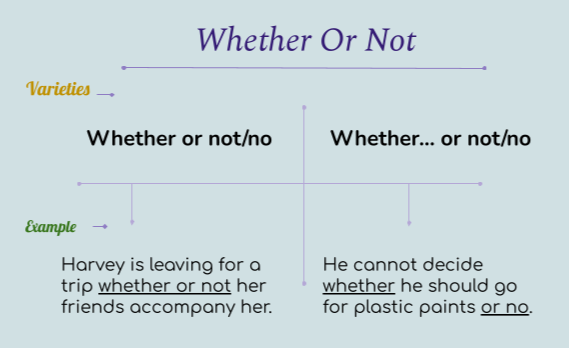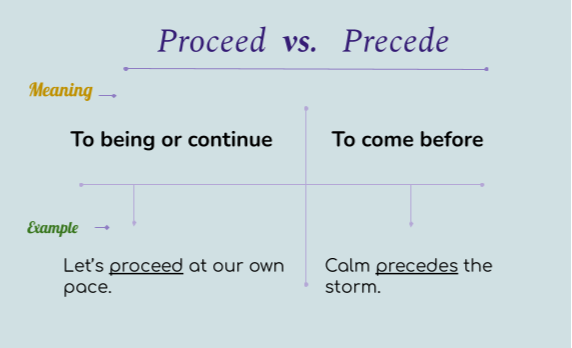Frequently Confused Expressions in English

Being one of the most widely used and learnt languages in the world takes a heavy toll on English as it goes through endless turmoils to keep its shape intact. While learning English, non-native speakers suffer from confusion with closely pronounced words and nearly interchangeable expressions that are entirely new to them. But there are a few expressions that frequently bother the native and non-native English speakers alike.
This article takes the responsibility of clearing out some of those confusions by putting them side by side and focusing on the differences as well as the similarities that create the confusions in the first place. Take a look at the list below and check which of them confuses you.
Think/Thing
There is a universal confusion between the usage of the words “Thing” and “Think.” Sounding almost identical and having only the last letter different from one another does not ease their difference since they do not even belong to the same parts of speech.
“Think” is a verb that means to run one’s mind over something while “Thing” is a noun meaning an object that is not specified in words.
For All Intensive/Intents and Purposes
Many mistake “intents and” for “intensive” while using this expression while speaking and writing. Let alone the fact that it completely changes the meaning of the phrase, it is also impossible to use both phrases in similar situations.
Nip It in the Bud/Butt
For such an innocent and knowledgeable expression, it must be criminal to mistake “bud” or a about-to-bloom flower for people’s backside or “butt.” It would mean nothing even close to what it was meant for and turn out to be something rather offensive to most people.
One and/in the Same
While the expression “One and the same” would have stood for emphasizing unmistakably on something, “one in the same” would end up confusing the most as to what it could mean. It may come close to meaning something like one particular thing along the same line.
Deep-seated/Seeded
The expression, “Deep-seated” directs at something that is “firmly established”. When someone mistakes it for “deep-seeded,” it becomes something that has a seed buried deep inside it; does not make much sense in similar situations.
Should-Could-Would Have/Of
Due to the close pronunciations of “Have” and “Of” some may hear it mispronounced even when it isn't. Since language is something we keep on learning; words and expressions we continue to pick up from the world around us, these words with close pronunciations may lead to confusions and later, continuous mistakes on the listener's part.
“Should/Could/Would have” directs to expressions constructed in the past perfect tense while “Should/Could/Would of” does not particularly have a grammatical basis.
Please Proceed/Precede
“Please Proceed” is an expression used while politely urging someone to keep on doing something that had been unwillingly interrupted. The word “Precede” meaning “to come before someone or something in order,” would fail to communicate the same thing in the same situation though it would possibly sound almost identical.
Supposedly/Supposably
“Supposedly” is a very common expression used almost interchangeably with “allegedly.” “Suppose” means “to assume.” Though many are in the habit of using “Supposably,” in similar situations that would be incorrect since it means “as it may be conceived or imagined.”
Supposed to/Used to
Many confuse these two expressions when they are very different in nature and used in completely distinct situations. “Supposed to” means something in the line of “Should have” that indicates an obligation. i.e. You were supposed to be ready by 10 am.
“Used to” on the other hand, directs to something that has become a habit. i.e. I’m used to living in the city. The same expression is also used while reminiscing about something. i.e. I used to be great at playing football.
Some mistakenly drop the “d” from both the expressions possibly due to the fact that you cannot tell the difference in pronunciation but “Suppose to” or “Use to” would be absolutely incorrect in terms of grammatical integrity.
Beside/Besides the Point
“Beside the point” is an expression that is used while indicating that something is out of context. i.e. That’s beside the point that you were trying to establish something, you still hurt my feelings.
“Besides” on the other hand, means “in addition to” or “apart from” which would take the meaning of “Besides the point” further away from the intended expression here.
Could/Couldn’t Care Less
“Couldn’t care less” is used in situations where someone is expressing the “damn care” mindset in words. The double negative here, emphasizes on the negative expression that means one does not care at all. i.e. I couldn’t care less about how you accomplish it, I just want that done in time.
“Could care less” would not serve the same purpose in expression or strictness.
Whet/Wet Your Appetite
The expression in question means to sharpen one’s appetite. “Wet” may seem more logical since mouthwatering is in the same line as that but “Whet’ means “to sharpen any blade” and sharpen is exactly what this expression is going for here.
Toe/Tow the Line
“Toe the line” is a symbolic expression of staying inside the line that means “to adhere to rules.” When someone mistakes “Toe” or fingers on one’s feet for “Tow” which means “to pull some vehicle with chain or rope” it means something entirely else and that would be incorrect.
Bold/Bald-faced Lie
A bald-faced lie is a lie when the liar does not even try to cover up the fact that s/he is lying. “Bald” here, signifies a face that is not covered. Being able to lie without feeling the need to pass it as the truth may seem bold in nature but lying is clearly never bold or brave.
Confusing expressions are not limited to the list above but looking at them and realizing how they differ in meaning yet sound very similar on most occasions will tell you to not always blindly trust your ears while you continue your journey with the English language; learning and using it with utmost focus and a passion for correctness.
Grammar
Read More
- How to Use "Therefore" in Sentences Avoiding Common Mistakes
- How to Use "Whereas" with Examples and Avoid Common Mistakes
- When and How to Use "Thus" Correctly Without Common Mistakes
- How to Use "On the Contrary" Properly with Meaning and Examples
- When and How to Use "Either/Or" with Examples and Common Mistakes to Avoid
- How to Use "On the Other Hand" Effectively without Mistakes
- How to Use "Respectively" with Example and Common Errors to Avoid
- How and When to Use "Moreover" Without Mistakes
- How to Use "Likewise" in Sentences Based on Context & When not to Use
- When & How to Use "Although" in Sentences to Avoid Mistake



